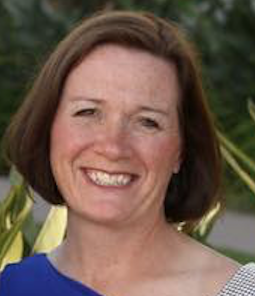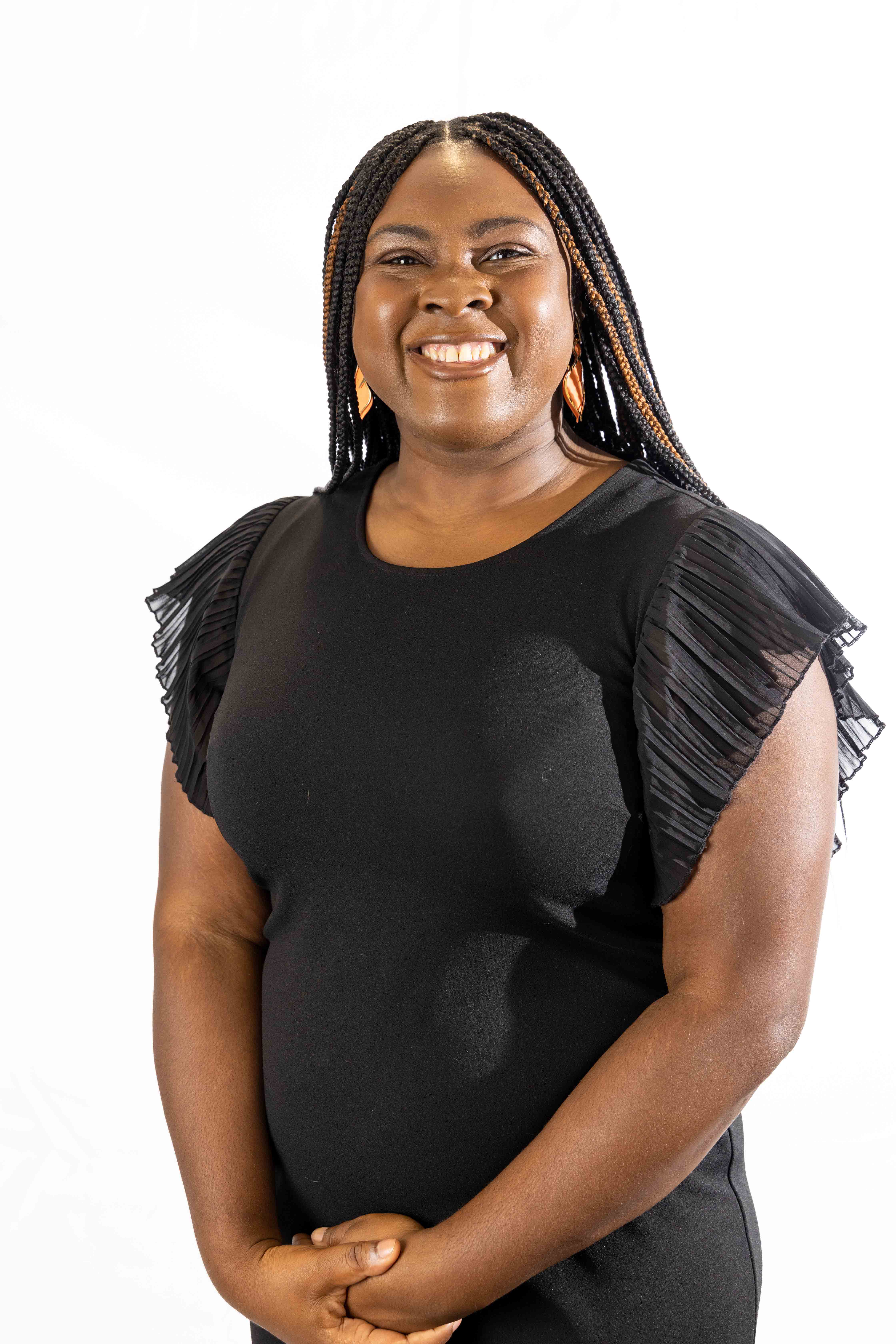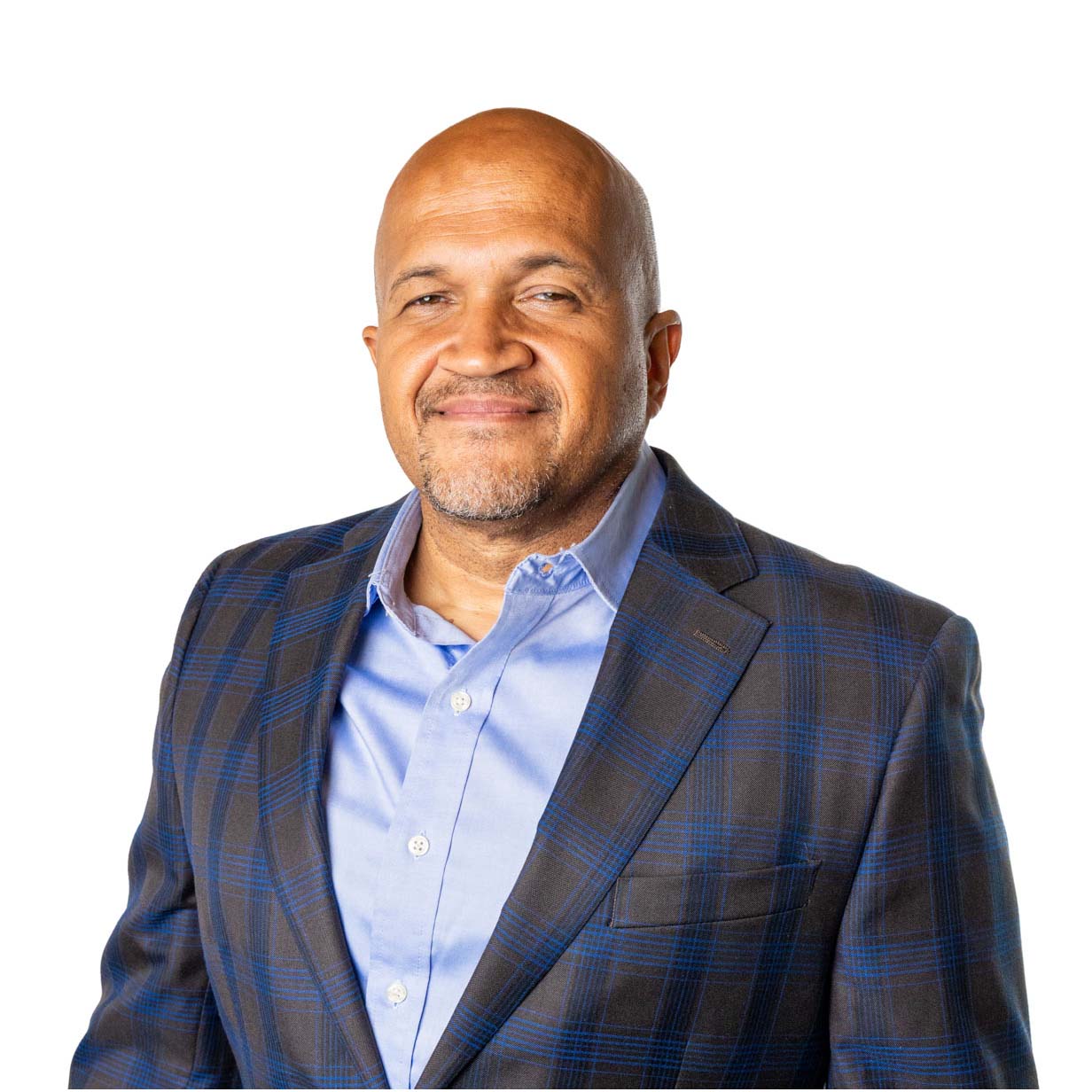Bachelor of Science with a Major in Mass Communications
The School of Communication, Film, and Media offers a Bachelor of Science in Mass Communications and Film & Video Production, minors in Communication Studies, Film & Video Production and Mass Communications.
The curriculum offers a balance of theoretical and conceptual courses that challenge students to think critically, creatively, and collaboratively, and professional skills courses that give students an opportunity to apply their knowledge in cutting-edge experiential learning labs – bluestone-Public Relations Firm, WUTV, The West Georgian, and WOLF Radio. Located approximately 45 miles west of Atlanta, the department also gives students the opportunity to regularly network and intern with mass media and public relations professionals in a top-10 media market. Students graduate with portfolios that showcase their scholarship and skills, and give them a competitive edge in the industry.
Learn more about Mass Communications Concentrations:
Digital Media & Entertainment
Film & Video Production
Journalism
Public Relations
For more information, please see the Academic Catalog. A program map, which provides a guide for students to plan their course of study, is available for download in the Courses tab below.
Through sequenced study in Journalism, Digital Media & Entertainment, Film & Video Production, and Public Relations, students are educated and trained across media industries to meet the demands of a complex, technological media landscape and multicultural society. Across areas of concentration, students master an understanding of the paramount economic, legal/policy, ethical, social, and effects issues facing mass media within the context of freedom of speech, freedom of press, media competition, and media convergence.
Career Opportunities
Link to Additional Career Information:
https://www.buzzfile.com/Major/Communications.And.Media-Studies
External Resource
Program Location
Carrollton Campus
Method of Delivery
Face to Face
Accreditation
The University of West Georgia is accredited by The Southern Association of Colleges and Schools Commission on Colleges (SACSCOC).
Credit and transfer
Total semester hours required: 120
This program may be earned entirely face-to-face. However, depending on the courses chosen, a student may choose to take some partially or fully online courses.
Save money
UWG is often ranked as one of the most affordable accredited universities of its kind, regardless of the method of delivery chosen.
Details
- Total tuition costs and fees may vary, depending on the instructional method of the courses in which the student chooses to enroll.
- The more courses a student takes in a single term, the more they will typically save in fees and total cost.
- Face-to-face or partially online courses are charged at the general tuition rate and all mandatory campus fees, based on the student's residency (non-residents are charged at a higher rate).
- Fully or entirely online course tuition rates and fees my vary depending on the program. Students enrolled in exclusively online courses do not pay non-Resident rates.
- Together this means that GA residents pay about the same if they take all face-to-face or partially online courses as they do if they take only fully online courses exclusively; while non-residents save money by taking fully online courses.
- One word of caution: If a student takes a combination of face-to-face and online courses in a single term, he/she will pay both all mandatory campus fees and the higher eTuition rate.
- For cost information, as well as payment deadlines, see the Student Accounts and Billing Services website
There are a variety of financial assistance options for students, including scholarships and work study programs. Visit the Office of Financial Aid's website for more information.
Coursework
Major Requirements
- Minimum grade of C for ENGL 1101, ENGL 1102, COMM 1110, COMM 1154, and COMM 2254.
- Must complete a major declaration form.
- A maximum of 6 credit hours of COMM 4421 (Practicum) may count toward major requirements though you may complete additional credit hours.
- A maximum of 3 credit hours of COMM 4486 (Internship) may count toward major requirements though you may complete additional credit hours.
- Must complete senior exit survey.
- Must complete requirements for a minor field.
Each concentration has its own required courses. Follow the links below for more information about each.
Minor Requirements
In addition to required courses, all concentrations require a 15-18 credit-hour minor (see Undergraduate Catalog for options). All students within the School of Communication, Film, and Media may also choose to earn a Certificate from the Georgia Film Academy in leu of a traditional minor.
Downloads
General
All Mass Communications majors must complete each of these courses with a minimum grade of C. In addition to the General courses below, 6 hours of Foreign Language (1000 or 2000 level) and 3 hours of a Humanities or a Social Science elective must be completed (24 total hours):
A study of the principles and practice of public speaking with an emphasis on the organization of material and the vocal and physical aspects of delivery in various public speaking situations.
An introductory, yet critical examination of the historical development, and paramount economic, legal/policy, ethical, political, and social effects issues concerned with mass media, i.e., books, newspapers, magazines, recordings, radio, movies, television, the internet, public relations, and advertising. Particular attention given to competition, convergence, and mass media's impact on society, as well as society's impact on mass media.
Examination of the major classical and contemporary ethical philosophies. Application of ethical decision-making models to media issues, particularly freedom of speech, economic pressure, invasion of privacy, and the public's rights.
Composition course focusing on skills required for effective writing in a variety of contexts, with emphasis on exposition, analysis and argumentation, and also including introductory use of a variety of research skills.Prerequisites: All English as a Second Language students must have exited from all English as a Second Language courses. All learning support students must have completed all reading and writing required remediation.
A composition course that develops writing skills beyond the levels of proficiency required by ENGL 1101 that emphasizes interpretation and evaluation, and that incorporates a variety of more advanced research methods.Prerequisites: C or better in ENGL 1101. Completed ENGL 1101 within the past five years. Passed the home institution's computer literacy requirements.
Electives
Mass Communications majors should complete 18-21 elective credit hours; 18 hours if their minor is 18 credit hours, 21 hours if their minor is 15 credit hours. Electives must include 3000-4000 level COMM courses OR approved courses from the list below. AT LEAST 12 credit hours must be from COMM courses.
A study of written and oral business communication to develop process and theory skills including writing, speaking, listening, business meetings, teamwork, presentations, and cross-cultural communication. Students write standard business letters and deliver oral and written presentations and reports. Management concepts of business ethics and problem analysis are integrated with communication process and theory.
The purpose of this course is to provide an introduction to Web design. Students will learn concepts related to planning and developing web sites by studying Web usability, multimedia, and Web 2.0 applications for business and education web sites. (same as MKTG 4818).
An introduction to the genre-specific workshop in either fiction, poetry, creative nonfiction, screenwriting, or play writing. May be repeated up to 6 hours as topics vary. No more than 2 courses may be counted toward the major in English. Pre-requisites: ENGL 2060 or XIDS 2100 (The Creative Process).
Intensive practice in composing powerful audience-driven documents in a variety of real-world business, professional and technical contexts. Students will also learn how to make effective business-related presentations supported with appropriate documentary and visual aids.
A study of the genres, structures and mechanics of screenwriting as well as the experience of writing, reading and revising a screenplay.
A study of weather and climate, including atmospheric properties and processes, and atmospheric influences on Earth's surface environment, at a variety of spatial and time-scales.
Analysis of the causes and consequences of conflicts in and among organizations with strategies and processes for their effective resolution. The course will cover the sources of organizational conflicts, strategies for conflict avoidance, approaches for conflict resolution, and traditional and alternative dispute resolution methods.
This course examines the role of professional selling in business and introduces students to theories and practices to achieve success in today s dynamic environment. Particular emphasis is placed on consultative sales approaches, constructive negotiation methods, and effective selling techniques. Practical exercises and experiential applications engage students and provide methods and tools to help them succeed in a variety of sales situations.
Study of marketing policies and practices in the flow of goods and services to the customer/consumer.
The integrative role of advertising in persuasive communication in business and related fields. Includes strategies for organizing, developing, implementing, and evaluating effective media decisions in the digital age.
This course will examine the impact of social media and the internet on marketing strategy. Topics will include an exploration of social media technologies and applications such as Facebook, blogs, Twitter, wikis, YouTube, etc. Students will learn how to develop an online presence, leverage these technologies and use the power and impact of Web 2.0 in implementing successful marketing strategies.
A study of the unique problems associated with the marketing of services including alternative strategies with which to improve service marketing effectiveness.
A comprehensive analysis of the factors in human behavior which influence the choice and the use of products and service.
This course deals with the problems and perspectives of marketing across national boundaries. It focuses on cultural, legal, social, economic, and behavioral differences that affect marketing strategies, and the marketing mix in global markets. The importance of international trade agreements and organizations and the global business environment is emphasized.
Analysis of the role of the mass media in American politics, including the impact of media coverage on public and elite opinions and the interactions between the media and public institutions.
This course is designed to explore the theoretical principles and practical applications of management for charities and/or nonprofit organizations. The underlying thesis of this course is that by understanding fundamental principles such as developing effective mission and objectives statements, fundraising, marketing and accounting strategies, nonprofits can become more effective and responsive to their constituency's needs. The course will include a field research component.
Introduction to organizational process; creation of organizational growth climates; examination and selection of effective leadership styles and effective modes of communication; coping with the future in periods of accelerating change. Course equivalent ORGL 3200.
Exploration into modes of communication with self, others and environment; a study of verbal and nonverbal conveyances of meaning.
An introduction to factors affecting the formation, evolution and development of groups and group process. Examines factors affecting groups and group process in a variety of settings. Includes discussion of leadership styles and their impact on group functioning and group process.
Gender-related perspectives on human psychology. Emphasis on helping men and women to re-examine their self-images in the light of contemporary gender-based movements.
An experiential exploration into the nature of creativeness. Relevant research will be related to students' attempts to discover their own creative potential.
This course studies the humor of primarily contemporary American culture. The course demonstrates how humor gives keen insight into the character of social roles, social structure, social institutions, subcultures and other sociological categories. To determine who laughs at what and why, we analyze jokes, movies, television programs and commercials, humorous writings, standup comedy, and other ways of communicating the comic. By studying what makes us laugh, we gain insight into our society, ourselves, and our social/historical situations.
A course designed to enable students to become more competitive in their chosen career fields by developing in them an understanding of the importance of increasing global economic interdependence and the challenges of relating to people from other countries or cultures. Same as MGNT 3627.
This course focuses on gender as a social construction, exploring how gender inequality is reproduced and maintained in everyday life.
Focuses on sociology's contributions to the development of social psychology as they relate to identity, emotion, face-to-face interaction and group dynamics.
Analysis of the contemporary class system in the U.S. Attention to theoretical perspectives, the history of inequality, and social mobility will be included.
An analysis of gender, focusing primarily upon women in the United States. A range of topics and themes necessary to understand American women's statuses, roles, and experiences will be addressed.
Comparative study of racial and ethnic groups in America. The disciplinary base of this approach is sociological, but observations and interpretations from different perspectives will be examined. Special attention will be given to the nature of prejudice, discrimination, and equality as related to historical, cultural and structural patterns in American society. Topics include: ethnocentrism and racism; interracial violence; theories of prejudice and discrimination; immigration and immigrant experiences; the origins and nature of racial/ethnic stratification; ideologies and programs to assist or resist change. African American experiences are emphasized and contrasted with those of other racial/ethnic groups.
A qualitative research course focusing on the interpretation and analysis of photographic and other static images as a means for studying and critiquing social life. Student photographic projects are a major component of course work. Technical photographic skills not necessary. Course combines ethnographic research and critical sociology to develop visual literacy skills.
This course is designed to serve as an introductory class in public and media relations for students in sport administration, including the presentation of principles, standards, and guidelines in sport public relations and information systems involved in sport information management. Information technology and its role in sport will be covered. Throughout the course the concepts of public relations within sport and leisure organizations will be examined and applied to sport.
Designed to provide students with a basic understanding of sports promotion and marketing. Fundamental marketing and promotional principles are emphasized as they relate to sports.

LeQuinta (Taylor) Bryant
Clinical Associate Professor
Patrick Clinton
Assistant Professor
Melanie Conrad
Associate Dean & Senior Lecturer
Kelly Greer
Limited Term Instructor
Patrick Hadley
Associate Dean, Associate Professor & Graduate Studies Coordinator

Deon Kay
Professor & Film & Video Production Head
Kyle Lorenzano
Associate Professor, Digital Media & Entertainment Head & Assistant Graduate Studies Coordinator


Christopher Renaud
Associate Professor
John Sewell
Associate Professor & Journalism Head

Kelly Williams
Clinical Associate Professor
Misty Wilson
Senior Lecturer & Communication Studies Head
Danielle Wolf
Limited Term Instructor
Guidelines for Admittance
Each UWG degree program has specific requirements that you must meet in order to enroll.
- Complete online application. A one-time application fee of $40 is required.
- Official transcripts from all schools attended. Official transcripts are sent from a regionally or nationally accredited institution.
- Verify specific requirements associated with specific populations identified here: Freshman Adult Learners Transfer International Home School Joint / Dual Enrollment Transient Auditor Post-Baccalaureate Non-Degree Seeking Readmission
Admission Process Checklist
- Review Admission Requirements for the different programs and guides for specific populations (non-traditional, transfer, transient, home school, joint enrollment students, etc).
- Review important deadlines:
- Fall semester: June 1 (undergrads)
- Spring semester: November 15 (undergrads)
- Summer semester: May 15 (undergrads)
See program specific calendars here
- Complete online application
Undergraduate Admissions Guide
Undergraduate Application
Undergraduate International Application - Submit $40 non-refundable application fee
- Submit official documents
Request all official transcripts and test scores be sent directly to UWG from all colleges or universities attended. If a transcript is mailed to you, it cannot be treated as official if it has been opened. Save time by requesting transcripts be sent electronically.
Undergraduate & Graduate Applicants should send all official transcripts to:
Office of Undergraduate Admissions, Murphy Building
University of West Georgia
1601 Maple Street
Carrollton, GA 30118-4160 - Submit a Certificate of Immunization, if required. If you will not ever be traveling to a UWG campus or site, you may apply for an Immunization Exemption. Contact the Immunization Clerk with your request.
- Check the status of your application
Specific dates for Admissions (Undergraduate only), Financial Aid, Fee Payments, Registration, Start/End of term, Final Exams, etc. are available in THE SCOOP.
The Accrediting Council on Education in Journalism and Mass Communications requires that graduates of accredited programs be aware of certain core values and competencies and be able to:
- apply the principles and laws of freedom of speech and press, in a global context, and for the country in which the institution that invites ACEJMC is located;
- demonstrate an understanding of the multicultural history and role of professionals and institutions in shaping communications;
- demonstrate culturally proficient communication that empowers those traditionally disenfranchised in society, especially as grounded in race, ethnicity, gender, sexual orientation and ability, domestically and globally, across communication and media contexts;
- present images and information effectively and creatively, using appropriate tools and technologies;
- write correctly and clearly in forms and styles appropriate for the communications professions, audiences and purposes they serve;
- demonstrate an understanding of professional ethical principles and work ethically in pursuit of truth, accuracy, fairness and diversity;
- apply critical thinking skills in conducting research and evaluating information by methods appropriate to the communications professions in which they work;
- effectively and correctly apply basic numerical and statistical concepts;
- critically evaluate their own work and that of others for accuracy and fairness, clarity, appropriate style and grammatical correctness;
- apply tools and technologies appropriate for the communications professions in which they work.
